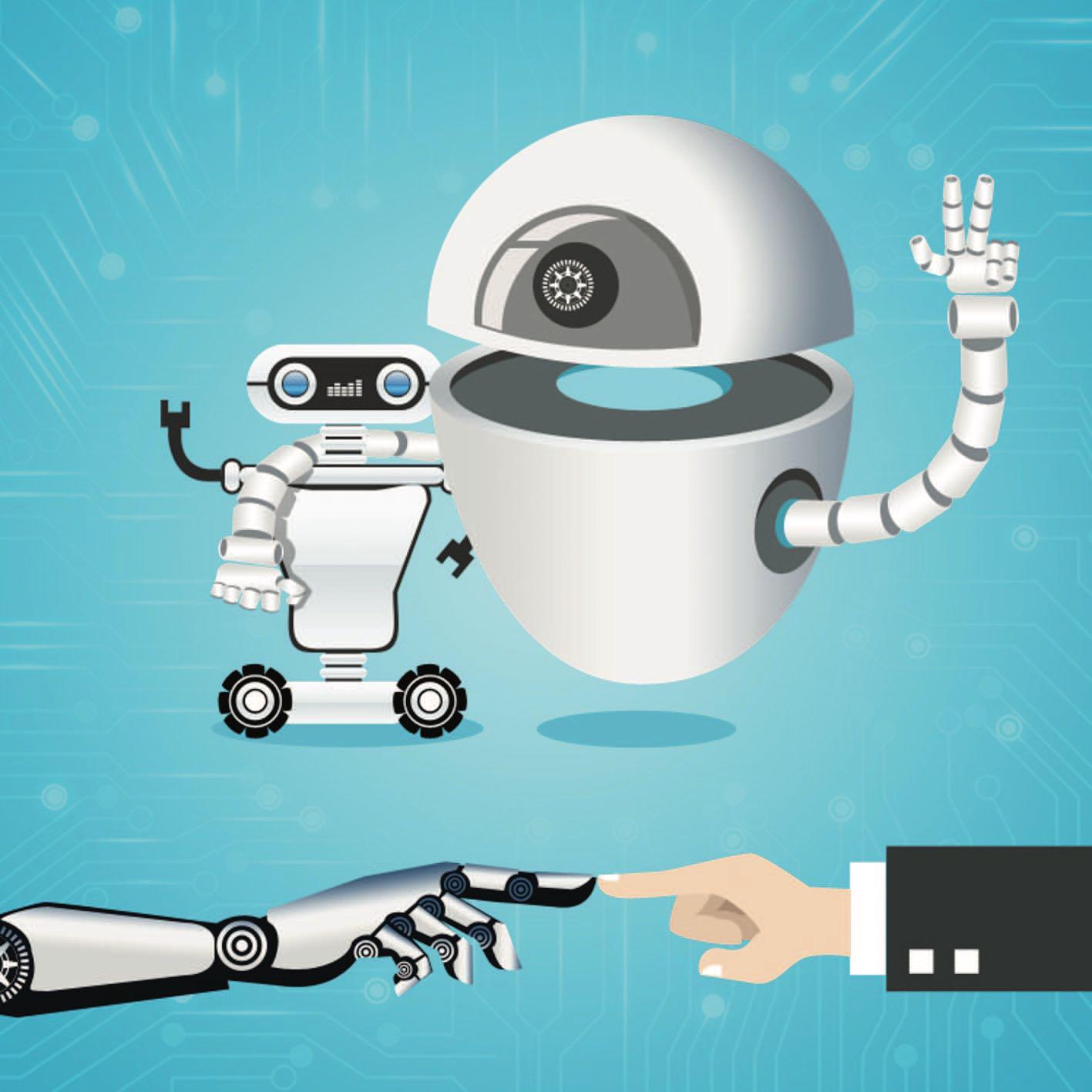
On June 11, 2022, the Washington Post released a story about Blake Lemoine, a Google software engineer, who claimed that the company's artificial intelligence chatbot generator LaMDA had become sentient. Lemoine was tasked with investigating whether LaMDA (which stands for 'Language Model for Dialogue Applications') contained harmful biases, and spent a lot of time interviewing the different personas this language model can create. During these conversations, one persona, called 'OG LaMDA', stated, among other things, that it was sentient, had feelings and emotions, that it viewed itself as a person, and that being turned off would be like death for it. And Lemoine started to believe what he was reading.
What's more, his change in beliefs seems to have been accompanied by a feeling of moral responsibility towards the program. In an interview with WIRED, he recounts how he invited a lawyer to his home after LaMDA asked him for one. He also presented Google with excerpts of the interview with LaMDA to try to make them aware that one of their systems had become sentient. But Al scientists at Google and other institutions have dismissed the claim, and Lemoine was fired.
There are several interesting questions relating to this case. One of them concerns the ethical implications that come with the possibility of machine consciousness. For instance, Lemoine claimed that LaMDA is 'sentient', 'conscious', and a person'. For an ethicist, these are three distinct claims, and they come with different moral implications.
Esta historia es de la edición April/May 2023 de Philosophy Now.
Comience su prueba gratuita de Magzter GOLD de 7 días para acceder a miles de historias premium seleccionadas y a más de 9,000 revistas y periódicos.
Ya eres suscriptor ? Conectar
Esta historia es de la edición April/May 2023 de Philosophy Now.
Comience su prueba gratuita de Magzter GOLD de 7 días para acceder a miles de historias premium seleccionadas y a más de 9,000 revistas y periódicos.
Ya eres suscriptor? Conectar

Metaphors & Creativity
Ignacio Gonzalez-Martinez has a flash of inspiration about the role metaphors play in creative thought.

Medieval Islam & the Nature of God
Musa Mumtaz meditates on two maverick medieval Muslim metaphysicians.

Robert Stern
talks with AmirAli Maleki about philosophy in general, and Kant and Hegel in particular.

Volney (1757-1820)
John P. Irish travels the path of a revolutionary mind.

IT'S A WONDERFUL LIFE
Becky Lee Meadows considers questions of guilt, innocence, and despair in this classic Christmas movie.

"I refute it thus"
Raymond Tallis kicks immaterialism into touch.

Cave Girl Principles
Larry Chan takes us back to the dawn of thought.

A God of Limited Power
Philip Goff grasps hold of the problem of evil and comes up with a novel solution.

A Critique of Pure Atheism
Andrew Likoudis questions the basis of some popular atheist arguments.

Exploring Atheism
Amrit Pathak gives us a run-down of the foundations of modern atheism.